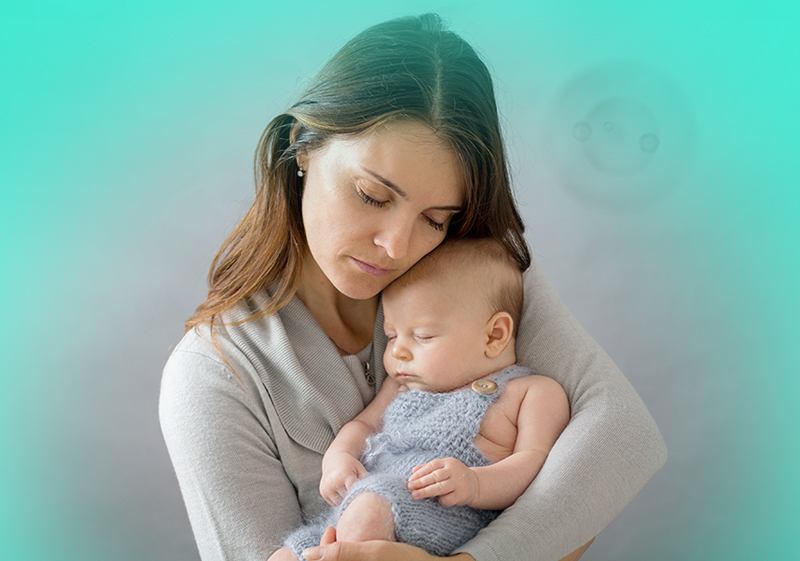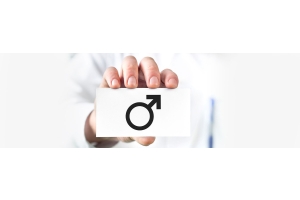






The placenta is considered medical waste and is normally, discarded after the baby is born. By donating the placenta, which is collected by an absolutely painless method, your baby begins their life as a donor, helping others heal and lead healthier lives. What a wonderful way to come into this world!




How does it work?
The donation process is simple and straightforward with 4 easy steps

If your delivery is preferably a caesarean section, please discuss the option of donating your placenta with your consulting gynaecologist.

Once you have made your decision to donate your placenta, contact LifeCell on 1800-266-5533 to inform us about it.

You will then need to sign a consent form, and answer an easy questionnaire regarding your medical history. Please note that all the information, including your identity, will be kept highly confidential.

LifeCell will then arrange an expert paramedic to be present at the time of the delivery, to collect your placenta along with the maternal blood sample, to confirm the absence of any disqualifying disorders.
How is the placenta used?
The amnion & chorion membranes, which form distinct layers of the placenta have special cells & bioactive molecules, which promote our body’s healing mechanism. Grafts made from these membranes have, therefore, been utilised in wound healing & ophthalmic treatments for several decades.
Cutting-edge research is being carried out globally to investigate the potential applications of these placental membranes in the treatment of several other conditions related to urology, dentistry, cartilage repair, and spinal conditions (1).
Each placental tissue donated can be used to prepare almost 8 - 10 transplantable amniotic membrane grafts. In other words, your single donation can help improve the lives of up to 10 patients in need.


Remember that LifeCell collects, tests and processes all placental tissues under stringent guidelines & is committed to ensuring adherence to the highest medical and ethical standards.
Frequently Asked Questions
The placenta and umbilical cord are collected post-delivery by means of a simple & painless method, which poses no risk to you and your baby. These tissues are considered medical waste and are not of any use to the baby after delivery.
Since the placenta is considered medical waste and is normally discarded after delivery, you do not have to pay anything to donate it.
No, please consider this donation a charitable gift from your baby to make the world a healthier place. As per the Transplantation of Human Organs Act (THOA) 1994, any remuneration received or paid for organ donation is considered illegal.
LifeCell is committed to ensuring adherence to the highest medical and ethical standards. We assure you that any personal or medical information about you and your baby will not be used, without your explicit consent.
Any illness that can be transmitted to the recipient will prevent you from being a donor. Some of these include infectious diseases such as HIV, Syphilis, HTLV, CMV, Hepatitis B, Malaria & Hepatitis C. For more information, call - 1800-266-5533 today.
No, LifeCell has strict rules when it comes to patient confidentiality. We are, therefore, unable to divulge such information.
Indeed. In fact, you can consider banking your cord blood with LifeCell. Trusted by more than 3,00,000 happy parents, LifeCell is India’s first and largest community stem cell bank. Want to know more about our stem cell banking program, call - 1800-266-5533 today.



